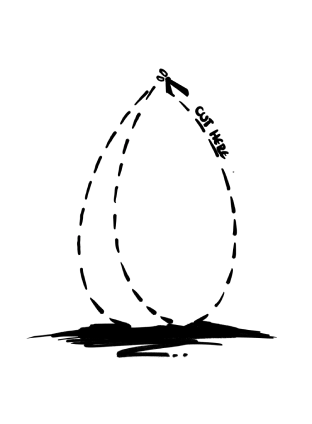Nepal’s minister of finance, Dr. Prakash Sharan Mahat, upon announcing the budget for the forthcoming 2023-24 fiscal year, told the parliamentary session on Monday that the government is studying the possibility of cultivating cannabis for medical purposes.
The news, per The Himalayan, comes on the heels of Gandaki Province chief minister Surendra Raj Pandey advocating for marijuana and liquor legalization. Pandey suggested that if cannabis had medical value it should be treated as a medicine. He added that both hemp cultivation and domestic alcohol production can be used to stimulate the local economy and create jobs, though he acknowledged that the move would require discussions with the central government to initiate appropriate legislation.
What is the legal status of marijuana in Nepal?
While Nepal has been considering marijuana legalization for a while now, it has not moved on it. Cannabis has been illegal in this Southeast Asian country since 1976, even though there’s been a long history of cannabis use for Ayurvedic medicine and as a holy offering for the Hindu god Shiva.
Before the 1976 ban, Nepal was home to government-licensed stores on “Freak Street,” named after what became known as hippies. At that time, thousands of tourists were traveling to get their hands on legally potent hash strains, reported NDTV.
“It is not justifiable that a poor country like ours has to treat cannabis as a drug,” Nepal’s Health Minister Birodh Khatiwada told AFP last year.
“Our people are being punished… and our corruption increases because of smuggling as we follow decisions of developed countries that are now doing as they please.”
In 2020, Nepal was one of the countries that supported the UN’s Commission on Narcotic Drugs’ reclassification of marijuana.
Southeast Asia
In 2018, Thailand became the first Southeast Asian country to legalize medical marijuana. Some four years later, it took those cannabis regulations to the next level and became the first in the region to decriminalize marijuana.
Will Nepal be next? If it does, it will not only follow the global movement, but above all, it will honor its own tradition.
Source: Nina Zdinjak – benzinga.com
Image: unsplash.com

